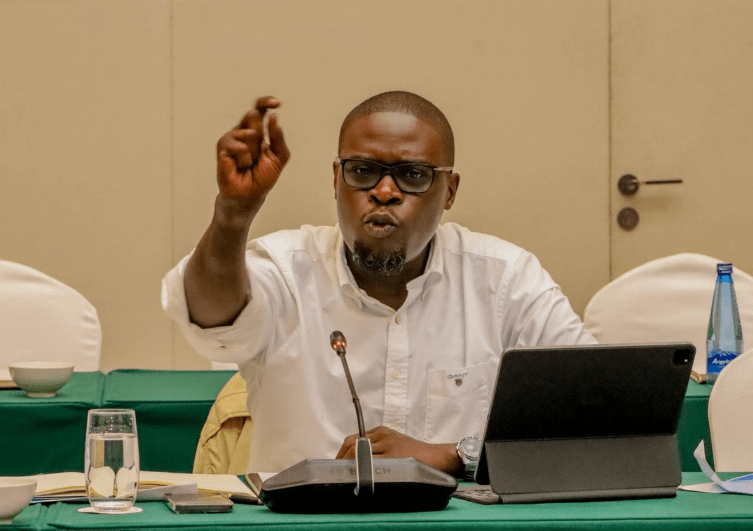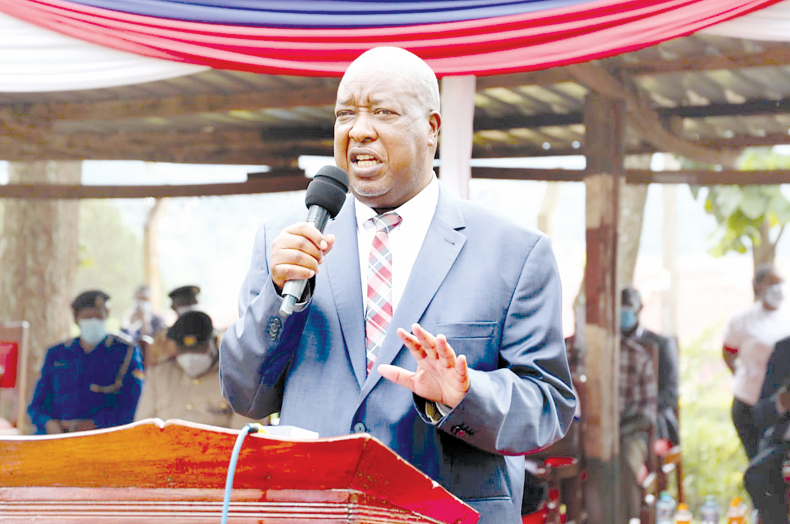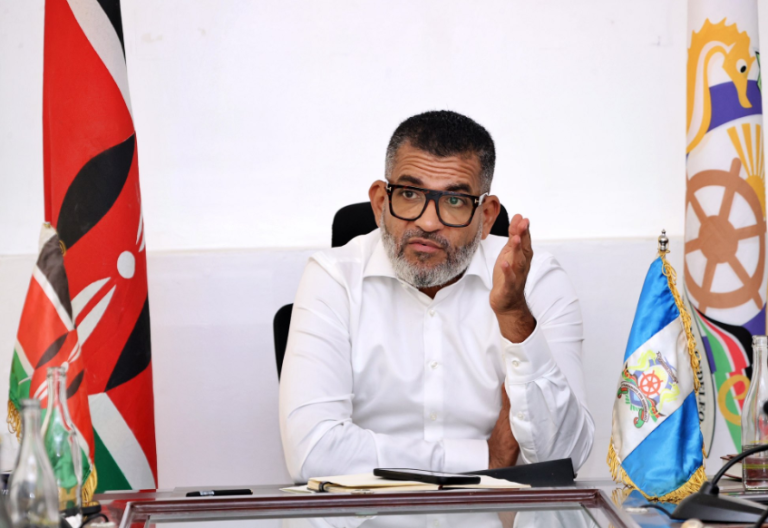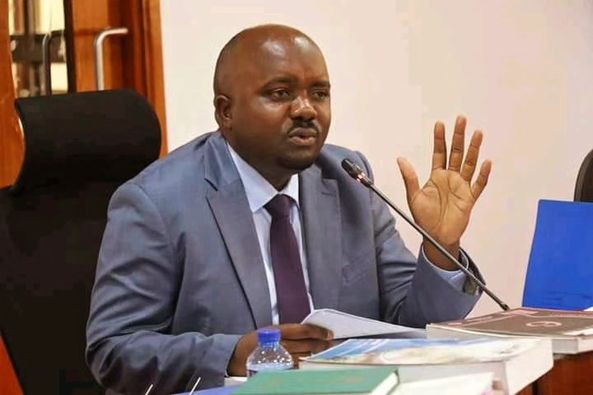What we need do to ensure stability after pandemic

Where will we be in the next six months? One year? What will we be doing differently post-Covid-19 and how do we thrive?
The Covid-19 pandemic has disrupted our way of life. These changes will stay with us for a long time to come and we must adapt swiftly.
The impact of the virus has also unsettled business. It has caused shocks on both the supply and demand sides as countries restrict movement.
This has disrupted the global supply chain and, in turn, posed a challenge to industries seeking inputs.
Lack of inputs means decreased production and job losses. Consequently, this affects the demand for goods and services as consumer spending decreases.
To sustain their economies, countries have now been forced to trade within themselves or with regional partners as global trade decreases.
For instance, Japan is funding its companies to shift their operations back home. This is because the country was starved of supplies as China shut down factories in a bid to curb the spread of the virus.
Locally, with China being one of the country’s biggest trading partners, Kenyan manufacturers have also faced challenges in sourcing inputs.
Other sectors of the economy have not been spared this disruption. Limitation in the movement of goods has led to delays in importation of critical medical essentials.
To avert this, the government announced that the products will be sourced locally. To this end, the textiles and apparels sector is now making fabric for use in the sewing of masks to be used by both the public and medical personnel.
KAM’s Automotive Sector teamed up to develop a ventilator. The sector brought together experts from various fields, including programmers and medical and automotive engineers, to develop a ventilator that can be used by local hospitals in the treatment of Covid-19 patients.
Their design can be used everywhere in the country, as it uses a battery, hence can run even where there is no power.
The manufacturing sector is also proactive in ensuring that there is no supply gap of the essential products.
Some manufacturers have changed their production lines to produce hand sanitisers whereas others have continued to support their communities with hand washing kits, soap and water tanks.
Although Covid-19 has demonstrated Kenya’s unity, it has also brought to light the dangers of over-relying on imports instead of building resilient industries.
The supply chain gaps we are currently facing demonstrate the urgent need to develop and nurture our local value chains into vibrant sectors that will cater for most, if not all, of our needs.
This will, in turn, lead to job creation and poverty alleviation while increasing government revenue.
Our survival during and after this crisis depends on the structures we put in place.
We expect that even after this crisis, the government will put in place measures that drive development and the most effective adaptations and safeguards to economic activity with or without a pandemic.
This means putting in place growth-oriented, stable and predictable policies that will encourage investments in all sectors of the economy.
Government needs to fast-track the finalisation of Local Content Guidelines, approval of Local Content Policy and expanding the scope of Local Content Bill to feature all sectors within manufacturing.
The implementation of the above will not only ensure sustainable local value chain integration but also reduce industrial and trade risks arising out of external shocks.
Sustainable economic growth will depend on how we react to the changes brought about by this crisis.
The economic pressure accompanying it has expanded our imagination and scope by pushing us to develop measures to cushion ourselves.
This calls for a new way of thinking on matters policy’—we must develop policies and structures for all sectors that will consistently work for the country. — The writer is CEO, Kenya Association of Manufacturers — ceo@kam.co.ke














